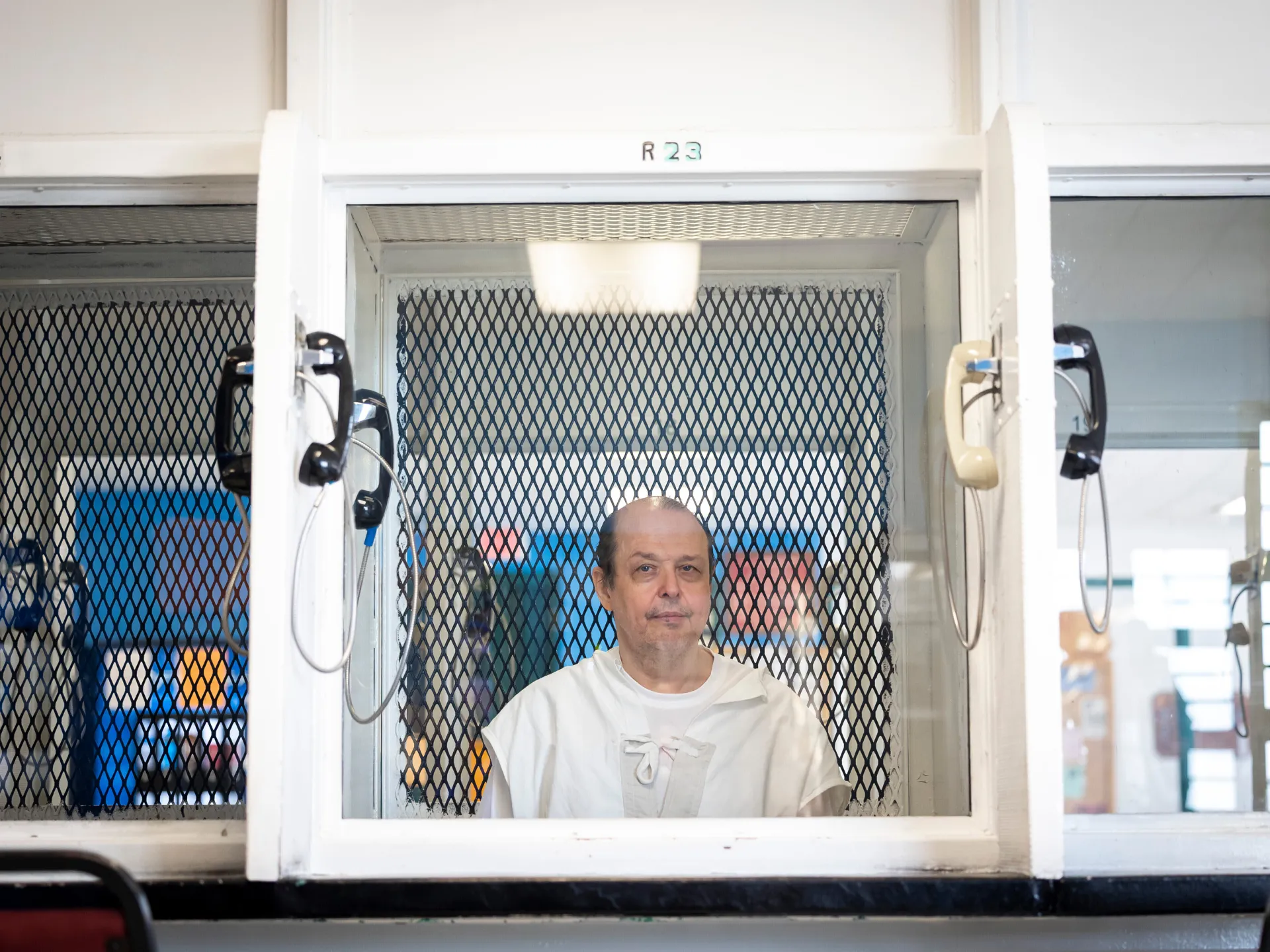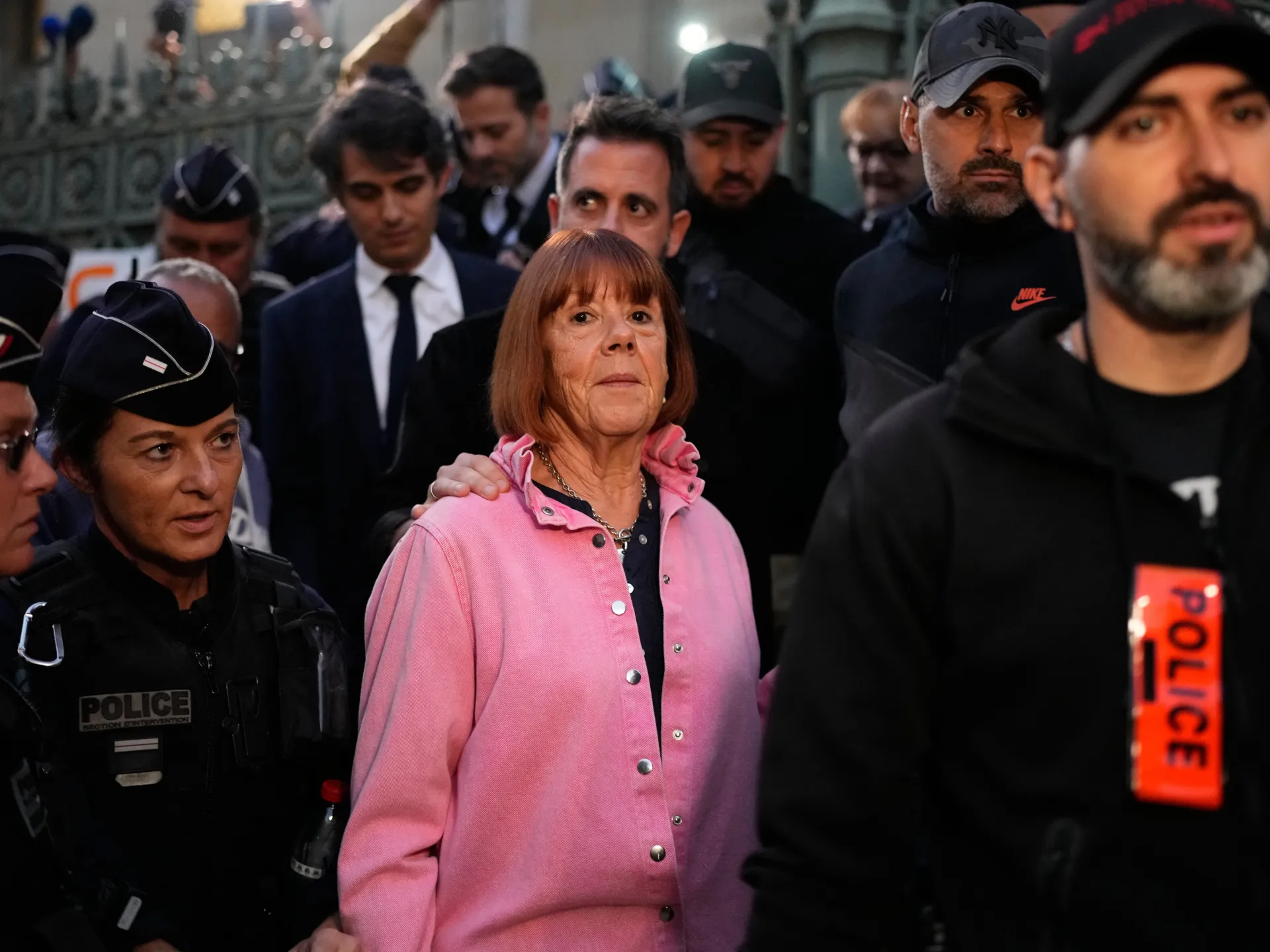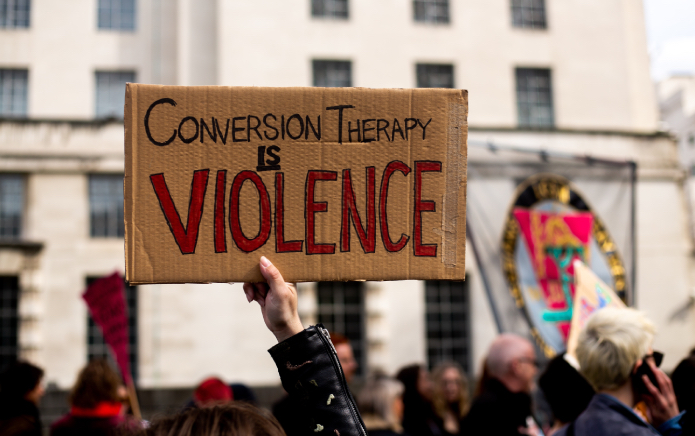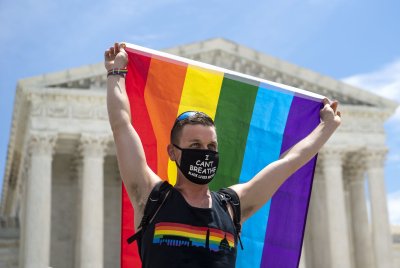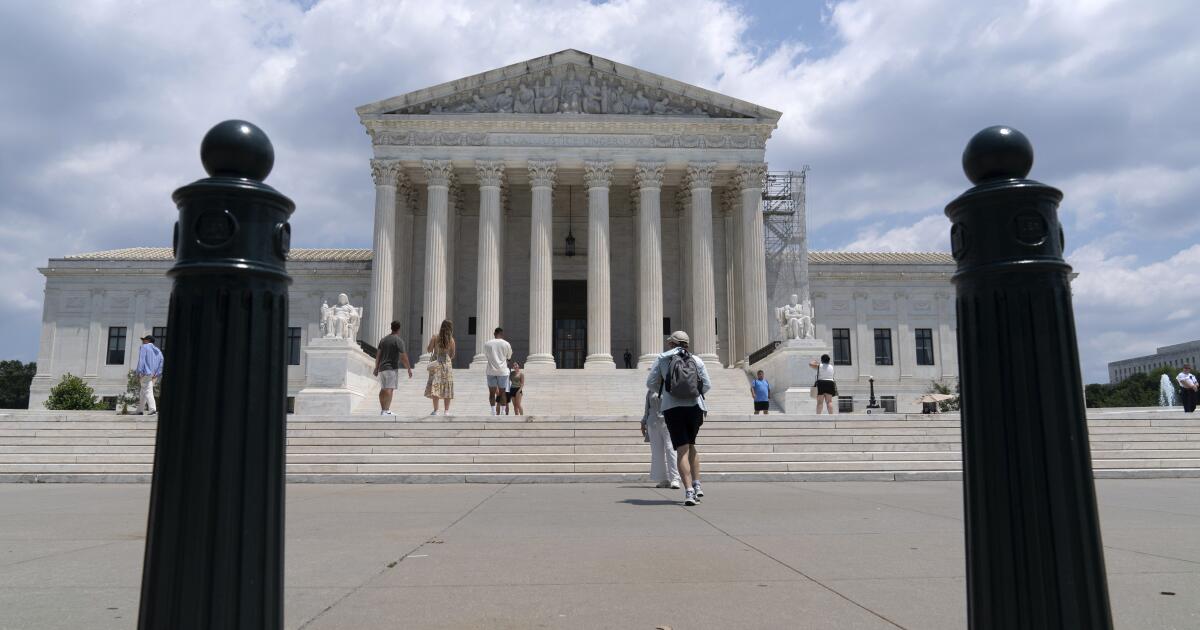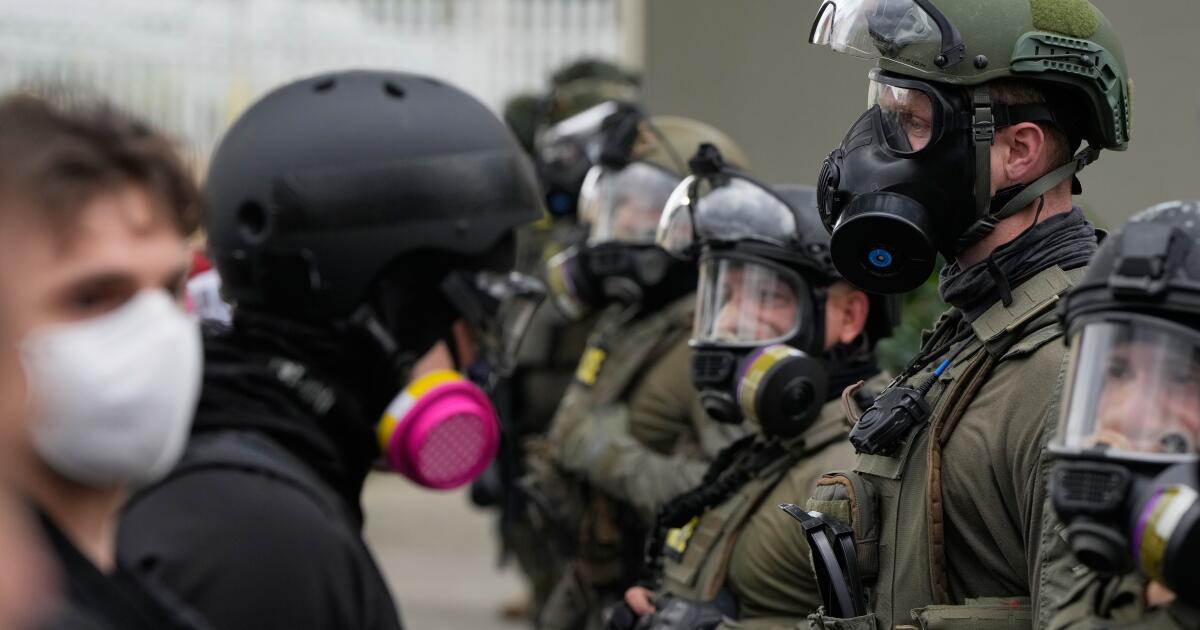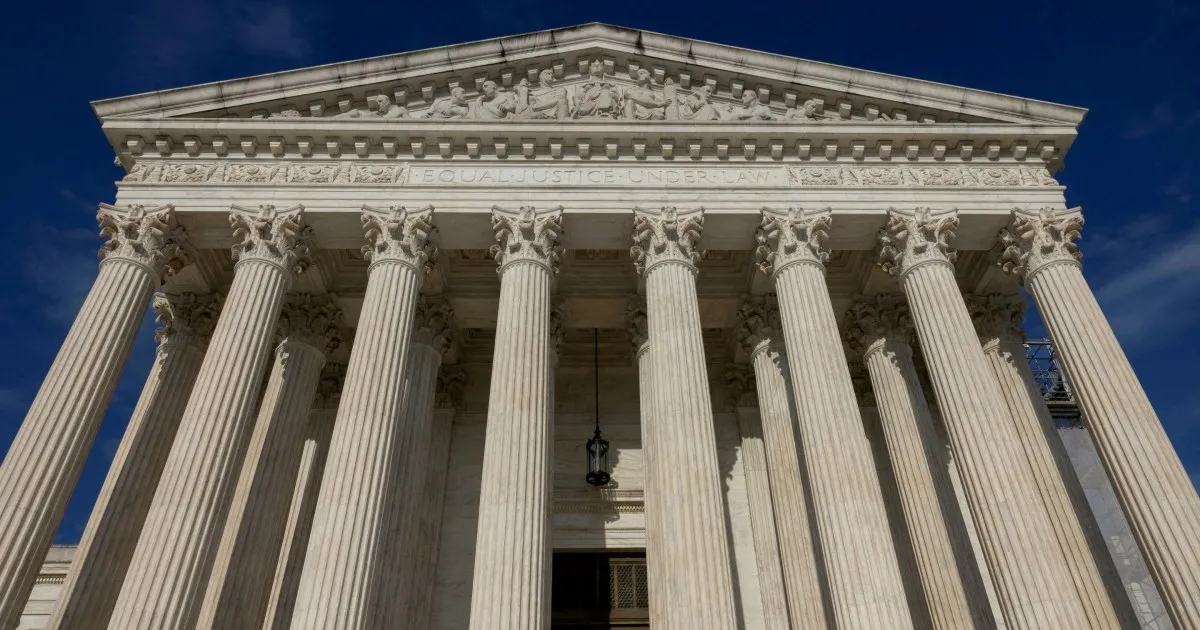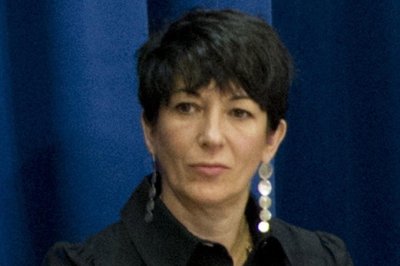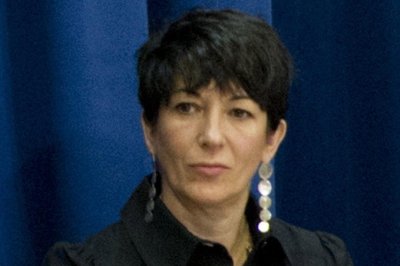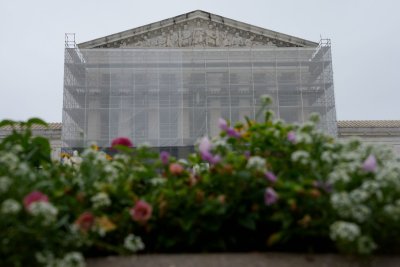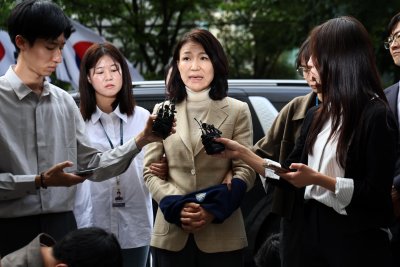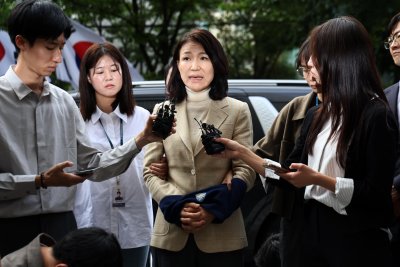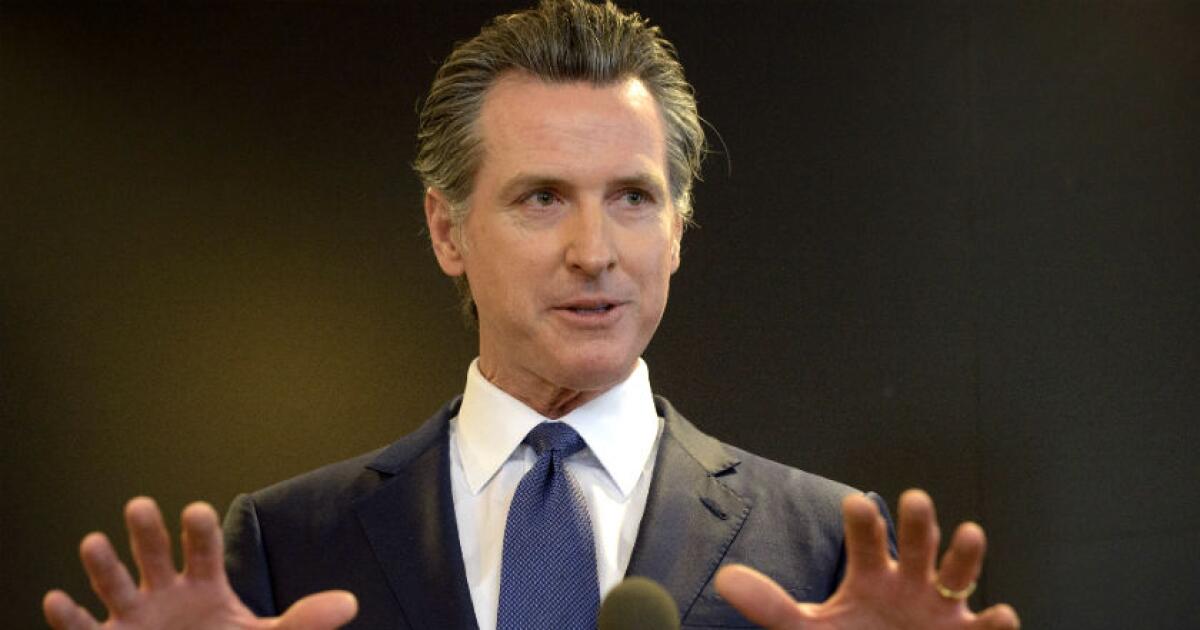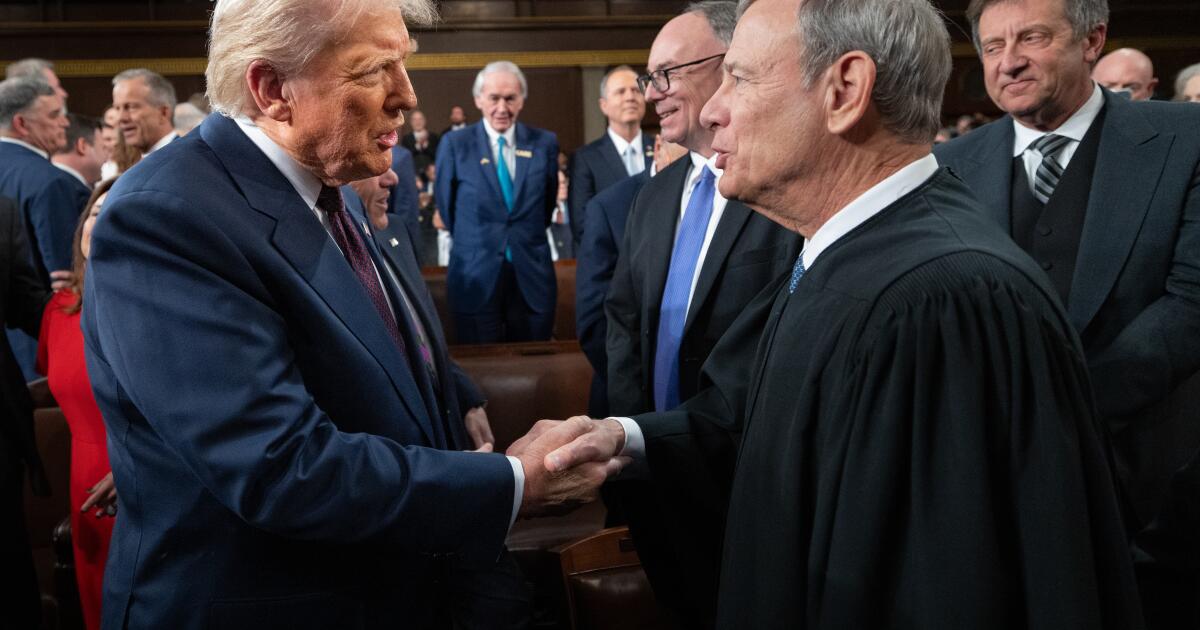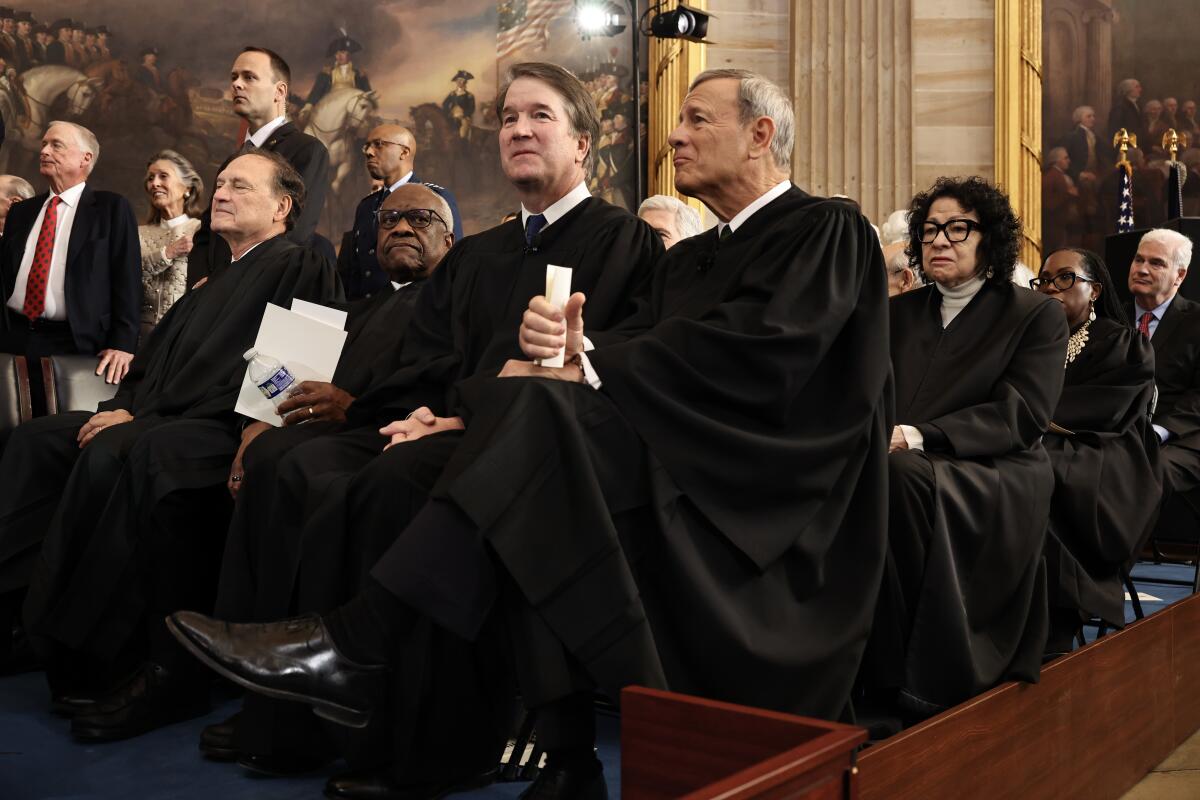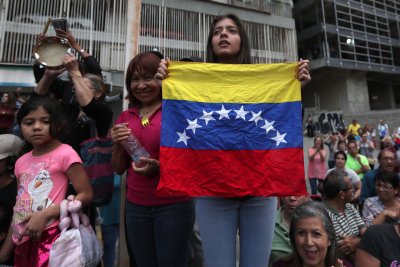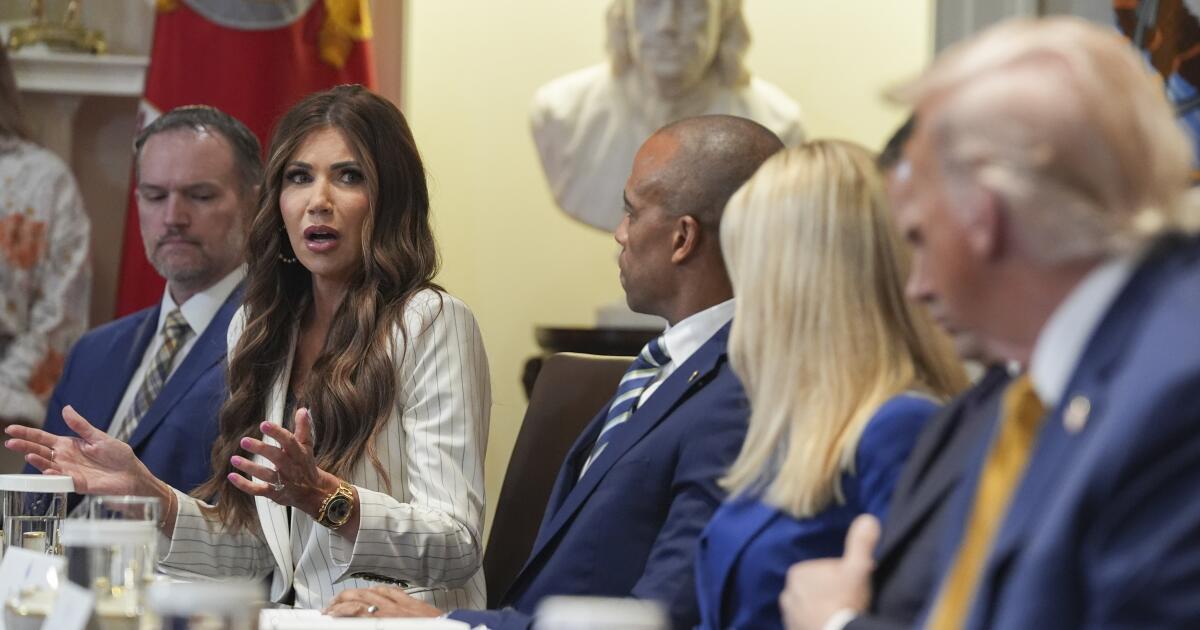US court grants stay of execution for Robert Roberson in ‘shaken baby’ case | Death Penalty News
A Texas court has issued a stay of execution for Robert Roberson, a man whose 2003 murder conviction has raised serious questions about the validity of “shaken baby syndrome” as a medical diagnosis.
Thursday’s decision arrived with only a week remaining until Roberson’s scheduled execution date on October 16.
Recommended Stories
list of 3 itemsend of list
Roberson, a 58-year-old autistic man, was accused of having killed his two-year-old daughter Nikki Michelle Curtis in January 2002, after he brought her to a hospital emergency room unconscious.
He has maintained that Nikki had been sick and fell from her bed overnight. But prosecutors argued that her head trauma must have been caused by “shaken baby syndrome”, a diagnosis popularised in the late 1990s as evidence of physical abuse in infants and toddlers.
But that diagnosis has been increasingly rejected, as doctors and medical researchers point out that the symptoms of “shaken baby syndrome” — namely, bleeding or swelling in the eyes or brain — can be caused by other conditions.
Roberson’s defence team has argued that Nikki suffered from chronic pneumonia in the lead-up to her death, and the medications she was given, including codeine, contributed to her death.
In Thursday’s decision, the judges on the Texas Court of Criminal Appeals agreed to pause his execution in light of a similar case being overturned in 2024.
Judge Bert Richardson contrasted the shifting nature of the medical research with the finality of execution in his concurring opinion.
“There is a delicate balance and tension in our criminal justice system between the finality of judgment and its accuracy based on our ever-advancing scientific understanding,” Judge Richardson wrote.
“A death sentence is clearly final and, once carried out, hindsight is useless. Thus, when moving forward in such a way, we should require the highest standards of accuracy so that we can act with a reliable degree of certainty.”
But the court limited its judgement to reopening Roberson’s petition for habeas corpus, which questions the constitutionality of a person’s imprisonment.
It declined to reconsider Roberson’s case as a whole. That prompted some of the judges on the court to issue a partial dissent.
Judge David Schenck, for instance, argued that “a new trial is necessary and mandated by our Constitution”, given the new evidence that has emerged in the two decades since Roberson was sentenced to death.
“The merits of Roberson’s claims and the cumulative effect of the evidence Roberson presents — in his fifth application as well as his previous and subsequent applications — would be more properly and more swiftly assessed at this point by a jury in a new trial,” Schenck said.
He added that a new trial would also offer the state of Texas “an opportunity to present this case on its merits”.
Still, some judges on the panel said they were opposed to reopening the case, arguing that the shift in medical consensus did not rule out an act of violence in Nikki’s death.
“Arguably credible and reliable scientific evidence still exists to suggest that shaking a child can cause serious injury or death,” Judge Kevin Yeary wrote in his opinion.
This is not the first time that Roberson’s case has been delayed. He has spent nearly 23 years on death row and was also slated to be executed a year ago, in October 2024.
But that execution date was scuttled in an extraordinary series of events. With his execution scheduled for October 17 of that year, a bipartisan group of legislators in the Texas House Committee on Criminal Jurisprudence agreed to issue a subpoena for Roberson on October 21 — effectively setting up a battle between the legislature’s will and the court’s.
The subpoen sparked a court case about the separation of powers in Texas: A witness could not answer a legislative subpoena if the justice system executed him first.
Further, the members of the Texas House committee had argued that a 2013 state law barring the use of “junk science” in court cases had failed to be applied in Roberson’s case.
The case reached the Texas Supreme Court, which halted Roberson’s execution while the matter was resolved. Execution dates are set with at least 90 days’ notice in Texas, resulting in a prolonged pause.
On July 16, after appeals from Roberson’s defence team, a new execution date was set for this month.
Texas Attorney General Ken Paxton, a Republican, has accused critics of Roberson’s sentence of “interfering with the capital punishment proceedings” and has repeatedly pledged to push forward with the execution.
But even those involved in Roberson’s original capital murder trial have sought to see his sentence overturned.
Brian Wharton, the lead investigator in Roberson’s case, had once testified in favour of the prosecution. But last year, he told the Texas House committee that he supported Roberson’s appeal, given the new evidence that has come to light.
“He is an innocent man, and we are very close to killing him for something he did not do,” Wharton said.
On Thursday, one of the jurors who helped convict Roberson also published an opinion column in the Houston Chronicle, asserting that she was “wrong” to side with the prosecution.
“If we on the jury knew then what I know now — about the new evidence of Nikki’s missed pneumonia, how her breathing would have been affected by the Phenergan and codeine doctors gave her that last week, the signs of sepsis, and all the things that were wrong with the version of shaken baby syndrome used in the case — we would have had a lot more to discuss,” Terre Compton wrote.
“Based on all that has come out since the trial, I am 100% certain that Robert Roberson did not murder his child.”
Texas has executed 596 people since 1982, the most of any state.
